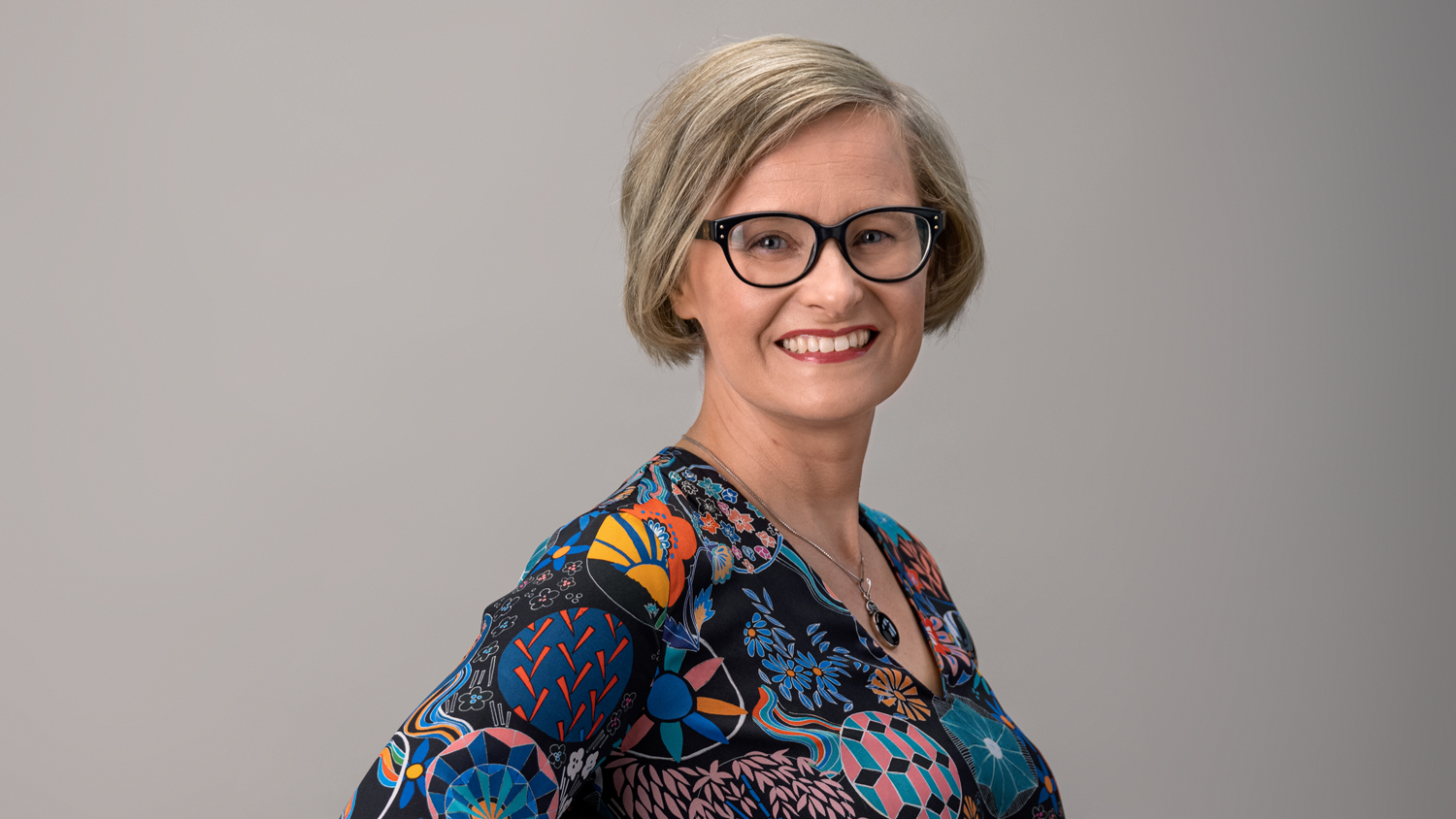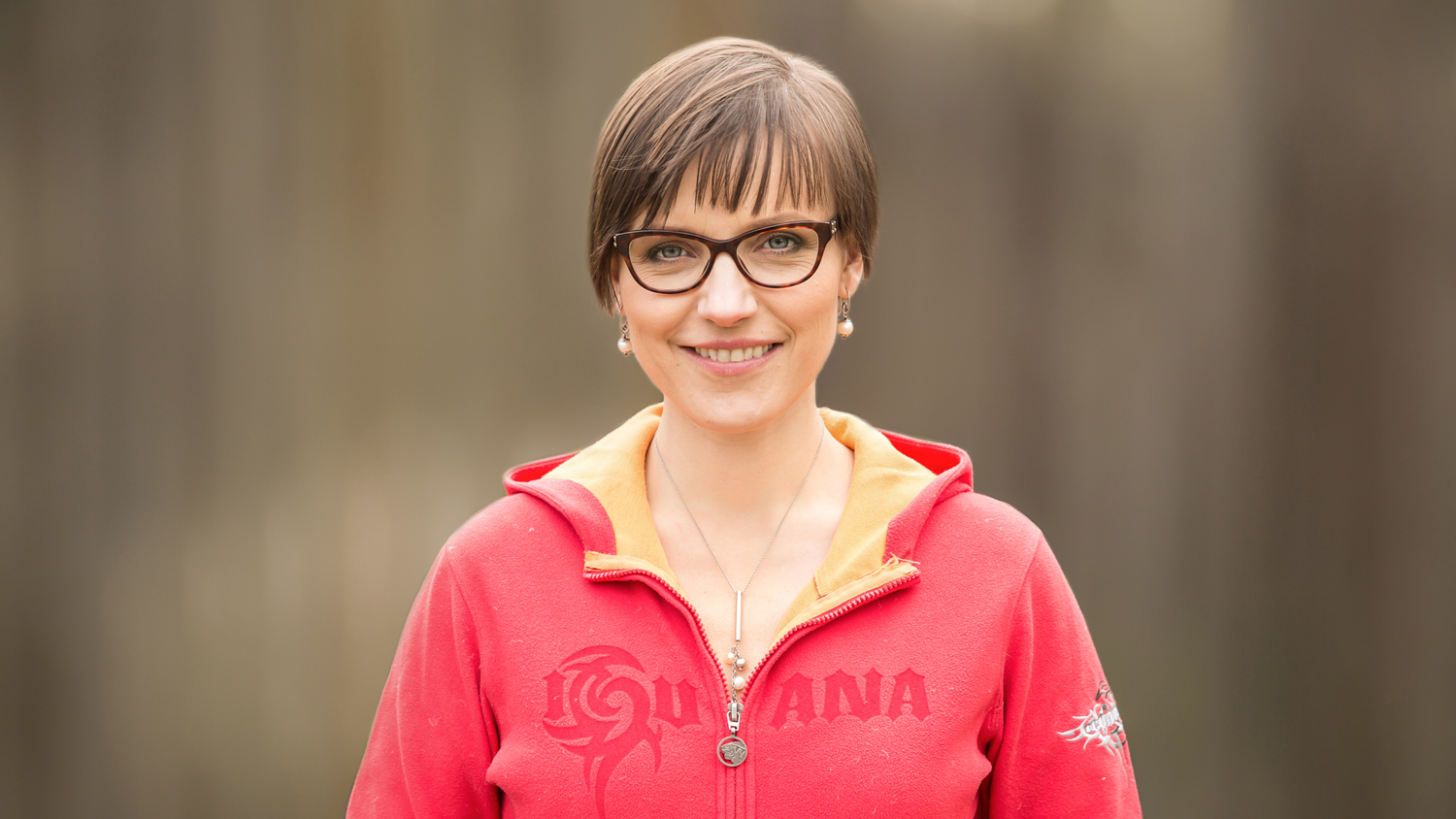Tytti Nahi has been working with the human rights issues for more than 20 years. Today, she works as Business and Human Rights Director at Fairtrade, leading the development of Fairtrade’s business services, policies and international relations.
What are the best solutions to tackle human rights issues in global supply chains?
There are two top solutions I would highlight. Firstly, make a proper ranking of the human rights issues in your supply chains, from the most serious to less serious, and focus your sustainability work on the most serious issues. If you mainly work on the lesser issues, your work is not effective – and may even look like greenwashing for your customers and business partners.
Second, engage and collaborate with others. Nobody can solve issues like child labor or forced labor alone. Through collaboration with other companies that have the same challenges, with NGOs, sustainability initiatives and researchers, even very small companies can make an impact. Events like Impact Day can be a great start here!
How bad (or good) does the situation seem today? What is the current trend?
The human rights situation in global supply chains is not great. For example, every fifth worker in the world lives in poverty. They are working full time but their earnings are still below the international poverty line. That is not OK.
The bright side is that awareness among consumers, business partners and regulators is rising – people know that even child labor and forced labor are still present in supply chains. This rising awareness is now bringing new laws: the European Union, for example, is negotiating a law on responsible business conduct. It goes by the name Corporate Sustainability Due Diligence Directive. So this time next year there will likely be a European wide law that companies have to assess and reduce any human rights harms they contribute to.
So there is a lot of hope in the air. Of course, laws first just oblige the big companies – but those big companies will be expecting the same from their smaller business partners. So, this is really-really exciting. Ten years ago nobody believed this legislative development can be so fast.
Will humanity ever reach a presence where we respect each other and live in (somewhat) harmony with ourselves and nature?
I think the strive for growth and economic returns and profits will always be very strong. To reach a balance between business goals and the needs of the planet and people, I believe we need constant interaction between business, public policy makers and strong NGOs. When all three sectors are strong, then we can reach balance.
How dire does the health of the planet seem to you currently?
I fear that the situation is very much the same in terms of the health of the planet and health of humanity. But none of us would be going to the Impact Day festival if we were in despair. Of course, I see much hope. It just takes collaboration and openness to work with partners who sometimes seem challenging, not just with the colleagues at your firm, but also with your competitors, NGOs, researchers and others. We all need to challenge ourselves.
Is the mindset evolving a bit as well with the new generation stepping on the stage?
Rising awareness among people brings a lot of hope and possibilities. Today’s young people have more information at their fingertips than I did – there was no internet back when I was 15. We need to use this information to make the transition to sustainable business easier for workers and people. All societal change has winners and losers. Some people will lose their jobs, some need to learn new skills. This takes a lot of compassion and collaboration.
Where does your social justice genome stem from?
I believe that one trip I made as a kid was quite influential in shaping my social conscience. I was 12 when I was travelling in Germany with my father. The unification of the East and West Germany had just started and there were towns in Eastern Germany that were really struggling, people were really poor. Some of the houses had no roof or had only a partial roof. But still, children came out of those houses in the morning to go to school. I was so shocked. How can children live in that house when it doesn’t even have a roof!
Who did you envision yourself becoming as a child?
To be honest for a long time I thought I would become an orienteer. I did that a lot as a kid so I thought perhaps I would do it also professionally. And, now when I look back I smile, because my current role also has the speed and the plan. So, orienteering is a bit like sustainability work. Or, any business. You want growth but you also plan about how to do it well.
Interviewer: Kerttu Kongas




